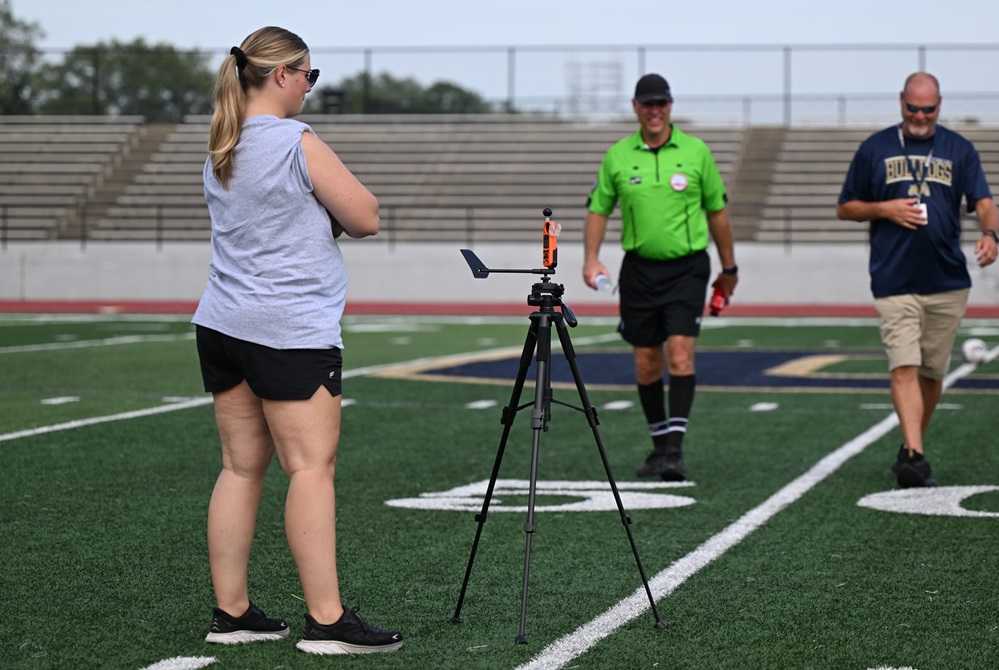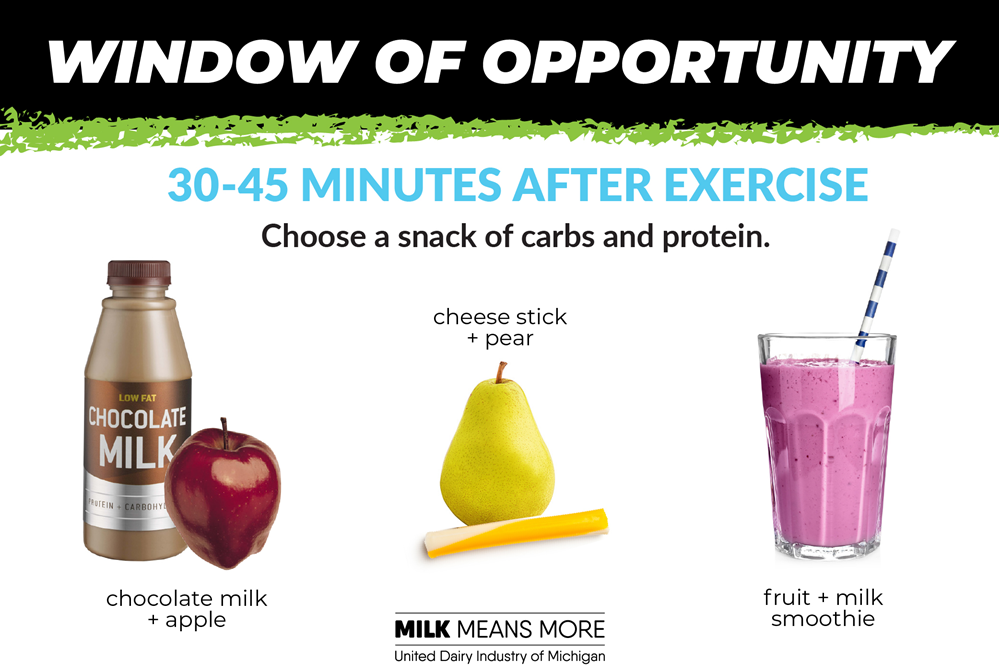
Heat Ways: School Sports Prepared for Oncoming Wave of High Temps, Humidity
By
Geoff Kimmerly
MHSAA.com senior editor
August 27, 2024
With temperatures and humidity expected to rise exceptionally today across most of downstate Michigan, decision-makers across school sports are prepared to take precautions to keep all involved in our activities safe as we ride out this latest heat wave.
The MHSAA’s Model Policy for Managing Heat & Humidity is required only during postseason activities, but has been adopted by several schools across the state for preseason and regular-season practices and competitions.
The plan directs schools to begin monitoring the heat index at the activity site once the air temperature reaches 80 degrees and provides recommendations when the heat index reaches certain points, including ceasing activities when it rises above 104 degrees. (When the temperature is below 80 degrees, there is no combination of heat and humidity that will result in a need to curtail activity.) Other precautions include the addition of mandatory 10-minute water breaks and the removal of equipment (including helmets and shoulder pads in football).
The model heat & humidity policy is outlined in a number of places on the MHSAA Website, including as part of the Heat Ways publication linked on the “Health & Safety” page.
PHOTO Otsego High School trainer Taylor Austin tracks field conditions Monday during a soccer match. (Photo by Gary Shook.)

Coach's Guide to Nutrition: Window of Opportunity
May 14, 2024
The 30 minutes following exercise, often referred to as the window of opportunity, is the best time to begin to refuel, rebuild and repair muscles.
 Carbs plus protein in this window can help your students refuel and be ready to attack their next workout.
Carbs plus protein in this window can help your students refuel and be ready to attack their next workout.
After an exercise session or game, muscles are depleted of glycogen, their primary energy source, and are in need of recovery from the stress of training. A small snack is all that is needed in this “window of opportunity.”
The focus should be on carbohydrates with some protein; the ideal snack would have more carbs than protein. Chocolate milk has both carbs and protein, along with electrolytes and fluids to rehydrate. Liquids are also more easily absorbed by the body to help refueling happen more quickly. Other refueling options could include a smoothie, yogurt and granola, or a cheese stick with fruit.
Within 2-3 hours, have a full meal to continue recovery.
Information above is excerpted from UDIM’s A Coach’s Guide to Nutrition.

